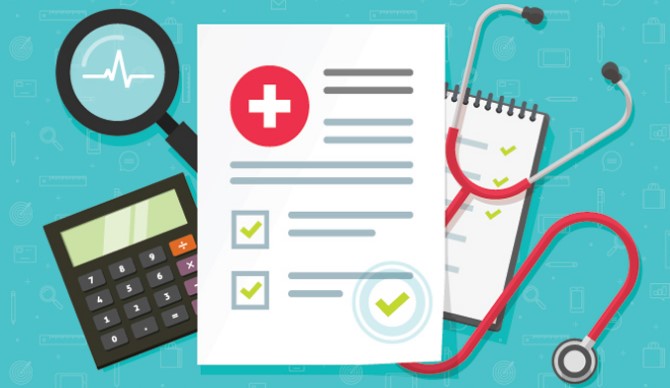Healthcare organizations face numerous revenue cycle management challenges, which result in income loss. Inadequacies in the patient-to-payment cycle have resulted in delayed payment, poorly paid claims, claim refusals, and other gaps that have seriously affected the care provider organization’s financial health. This presents different procedure, technological, and economic challenges, necessitating the development of novel solutions. Revenue Management is a critical financial process that affects how well an organization performs. Errors in the revenue cycle are frequent and expensive in the healthcare industry. Organizations rely on effective revenue cycle management to ensure they are paid the full amount owed as quickly and effectively as possible.
What is Healthcare Revenue Cycle Management?
In healthcare revenue cycle management services are billing for services rendered to patients and collecting payment from insurance or patients. The entire process begins with the patient’s preregistration in the hospital and ends with payment collection. The healthcare revenue cycle management starts with a patient’s preregistration and persists until all patient payments are collected. Patients schedule appointments and their accounts are closed when their balance reaches zero at the end of the revenue cycle. In other words, it encompasses the entire account journey of a patient.
Benefits of Healthcare Revenue Cycle Management?
Revenue cycle management is essential for making your facility run more smoothly and optimizing your cash flow. The following are five advantages of critical revenue cycle healthcare management:
- Improve Workflow to Increase Cash Flow
When you digitize your process, you can increase system efficiency, allowing payments to be made on time while eliminating human error and rejections and improving your cash flow. And by enhancing tasks like planning, programming, invoicing, and payment processing. You can create a more effective and efficient system that frees up your time for non-administrative activities like nurturing your patients, enabling you to do what you do best.
- Enhancing Touchpoints to Improve Patient Experience
Leveraging the expertise of insurance eligibility verification experts and their technical assistance will help to ensure an efficient process that reduces basic coding and billing mistakes. This includes streamlining the process and enhancing all patient satisfaction touchpoints. Patient satisfaction is one of the factors determining hospital quality, as you know, and this reduces undue stress for your patients. More pertinently, patients receive better care because your staff has more time to devote to them.
- Improved Claim Scrubbing to Reduce Refusals
Compensation claim errors result in denials. Optimized revenue cycle management improves your hospital’s system’s accuracy, leaving little room for error. Prevent claim denials and receive reimbursements faster by correctly at the first instance.
Importance of Healthcare Revenue Cycle Management
The importance of healthcare revenue cycle management is listed below:
- The main objective of a healthcare organization is to provide high-quality patient care, which cannot be achieved if the organization is not profitable. This underscores the significance of the revenue cycle in healthcare.
- Healthcare organizations have long recognized the importance of revenue cycle management as part of daily processes, but sudden events in policies or regulations can further aggravate an already complicated system. When effective revenue cycle management is already in place, the organization is better prepared to deal with unexpected events.
- COVID-19 substantially impacted healthcare organizations in many ways, some more obvious than others in 2020 and even now. One of the less-discussed consequences has been expanding the revenue cycle into uncharted land. COVID-19 patient care, if any, generate fewer revenues than the costs of rejecting elective surgeries, according to most hospitals and health systems.
- COVID-19 has put unprecedented financial pressure on most of the United States healthcare system, with losses approximated to be up to $122 billion. During the pandemic, however, health insurance companies have reported massive profits.
- Healthcare executives are looking to revenue cycle specialists to assist them in enhancing reimbursement under COVID-19, emphasizing the entire revenue cycle. Patients and consumers may overlook the critical role that healthy revenue cycle management plays in unlocking a healthcare organization’s gates.
Steps Involved in Healthcare Revenue Cycle Management
Healthcare organizations frequently approach the revenue cycle in one of the following ways:
- Preregistration
- Registration
- Charge Capture
- Submission of a Claim
- Processing of remittances
- Follow-up on insurance
- Collections of patients
Conclusion
For healthcare organizations to flourish in practice, they must have a healthy Revenue Cycle. Furthermore, we must recognize and appreciate the fact that healthcare revenue cycle management is constantly evolving. As a result, investing in methodologies and processes helps the company grow financially while providing positive customer satisfaction. Using expert advisors for Healthcare Revenue Cycle Management Services to enhance your billing process, pinpoint weak points, determine lost income or financial risk, or provide best-in-class solutions to enhance your company’s core operational efficiencies and revenue.
